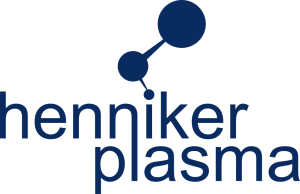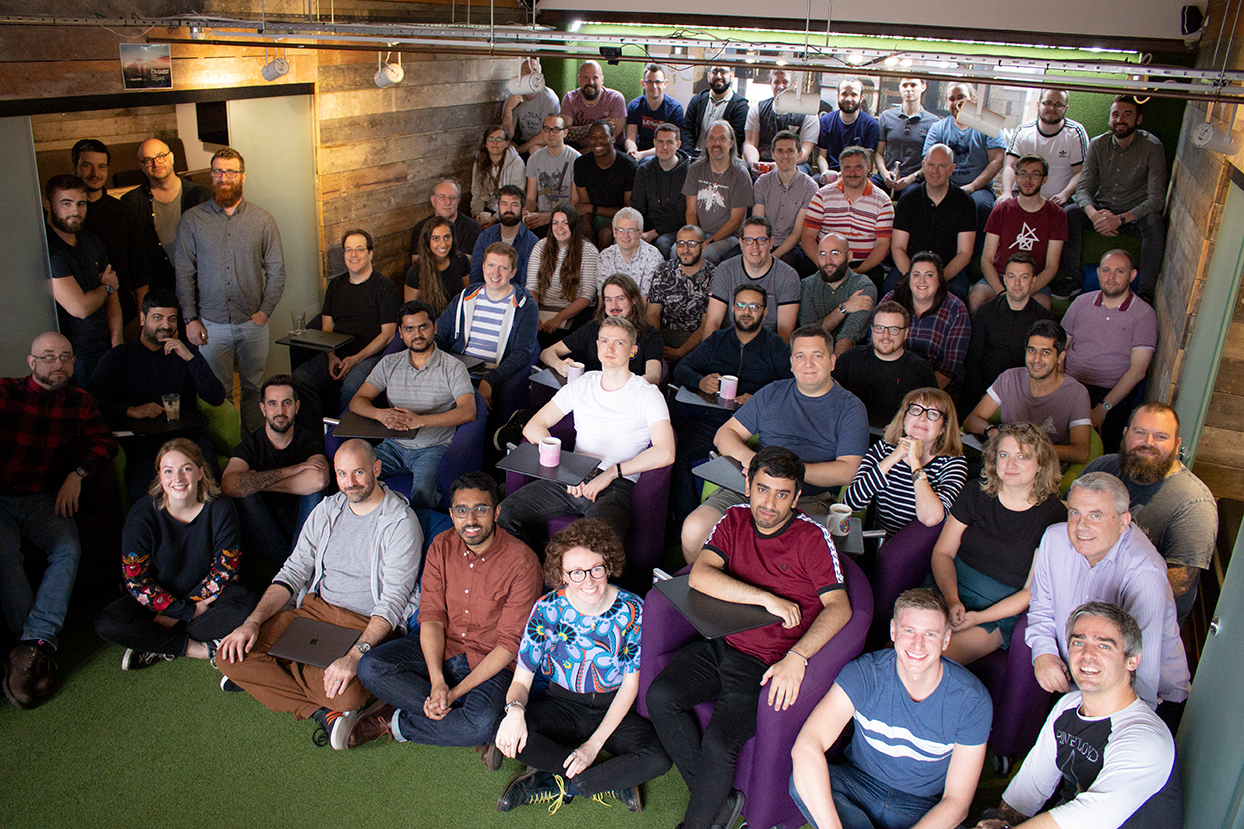
If you haven’t been living under a rock for the past couple of months, you’ve surely heard of ChatGPT. The AI-powered chatbot leverages machine learning algorithms to understand natural language and has the potential to provide personalised responses to any enquiry.
AI and retail
Different Artificial Intelligence-powered technologies have been transforming the retail landscape: purchasing recommendations, voice-enabled shopping assistants, personalised shopping experiences, robotic warehouse pickers, facial recognition payment methods, anti-counterfeit tools and so on.
Although the potential of AI is definitely not news for the retail industry, executives have had a lot to say recently about the opportunities and possibilities of leveraging ChatGPT to improve customer service.
The Automation of Customer Support
The powerful tool has proved it’s got potential to revolutionise the way retailers and ecommerce brands interact with their customers, providing faster, more accurate, and personalised customer support.
According to a recent article in Charged Retail, ChatGPT can help brands to reduce their customer service costs by up to 30%, but should they?
While the potential benefits of ChatGPT are significant, there are also concerns about the technology’s limitations and potential drawbacks.
Man vs. Robot
While ChatGPT has the potential to revolutionise the retail and ecommerce industry, it is important to recognise that it is not a perfect solution. One of the key concerns is that the technology may not be able to handle complex or nuanced customer enquiries, leading to frustration and dissatisfaction among consumers.
Moreover, there is a risk that ChatGPT may be viewed as a replacement for human representatives, rather than a complement to them. While the technology can help to automate routine tasks, it is important to recognise that human representatives are still essential for handling more complex or emotional interactions.
Customer Support should not be seen as a cost-centre, where cost needs to be reduced, but as the perfect opportunity to solve customers’ problems. This powerful point-of-contact should be perceived as the eyes and ears of the company with the goal of understanding problems, and then solving them.
If companies truly listen, then customer feedback can not only be used to solve problems but also to improve the product or service. AI itself cannot problem-solve, let alone generate new knowledge from the experience.
Lean Thinking and ChatGPT: A Perfect Fit
The concept of Lean Thinking focuses on eliminating waste and optimising processes to increase efficiency. By using ChatGPT for customer service, brands can realise several benefits that align with the principles of Lean Thinking.
One of the key takeaways users can learn from ChatGPT is that a good outcome requires a good prompt. It is vital to shift the focus from solving problems to firstly understanding and properly communicating what the problems really are.
AI can help to better make use of pre-existing knowledge, and if people learn the value of correctly framing problems, AI can make solving them much easier. A better understanding of a problem will ultimately lead to provide a better prompt, which is paramount for optimising ChatGPT’s potential of accelerating solutions, saving time and increasing efficiency.
A New Era of Jidoka: The Relationship Between Machines, Humans, and Their Minds
A recent article from Lean.org highlights the potential of ChatGPT to alter the relationship between machines, humans, and their minds. The article argues that ChatGPT is a form of “Jidoka”, which is a Japanese term that refers to the use of automation to improve quality and eliminate waste.
The article suggests that ChatGPT could represent a new era of Jidoka, in which machines and humans work together in a more integrated and collaborative way. This would require a shift in mindset, with companies recognising the value of both human and machine intelligence and leveraging them in a complementary way.
The transformation could then lead to a more human-centric approach to automation, in which machines are designed to support and enhance human capabilities, rather than replace them. People-driven strategies that make smart use of the technology available have the greatest potential of driving continuous improvements.
If companies are listening, trying to find and truly understanding problems, then they are onto accelerating the learning of an entire organisation, and a learning organisation is the greatest competitive advantage.
Akoova is a Lean company with people at heart.
Find out how our K-Working methodology can help ensure your ecommerce business is set for success.








.png)
